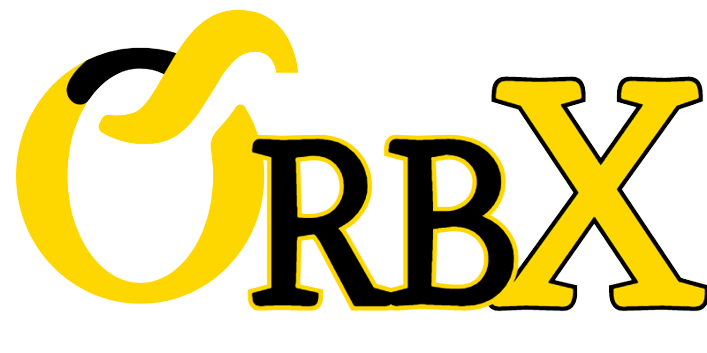Ancestra actually says a lot about the current state of AI-generated videos

After watching writer / director Eliza McNitt’s new short film Ancestra, I can see why a number of Hollywood studios are interested in generative AI. Many of the shots were made and refined solely with prompts, in collaboration with Google’s DeepMind team. It’s obvious what Darren Aronofsky’s AI-focused Primordial Soup production house and Google stand to gain from the normalization of this kind of creative workflow. But when you sit down to listen to McNitt and Aronofsky talk about how the short came together, it is hard not to think about generative AI’s potential to usher in a new era of “content” that feels like it was cooked up in a lab – and put scores of filmmakers out of work in the process.
Inspired by the story of McNitt’s own complicated birth, Ancestra zooms in on the life of an expectant mother (Audrey Corsa) as she prays for her soon-to-be-born baby’s heart defect to miraculously heal. Though the short features a number of real actors performing on practical sets, Google’s Gemini, Imagen, and Veo models were used to develop Ancestra‘s shots of what’s racing through the mother’s mind and the tiny, dangerous hole inside of the baby’s heart. Inside the mother’s womb, w …



